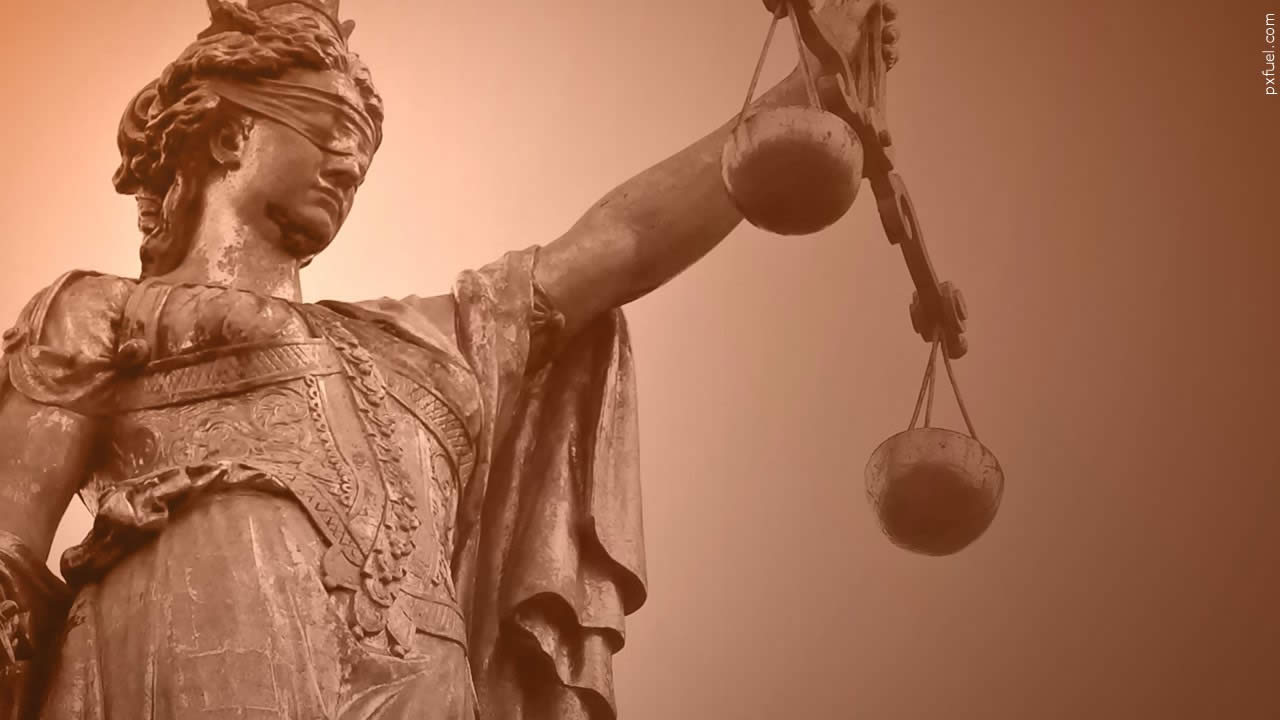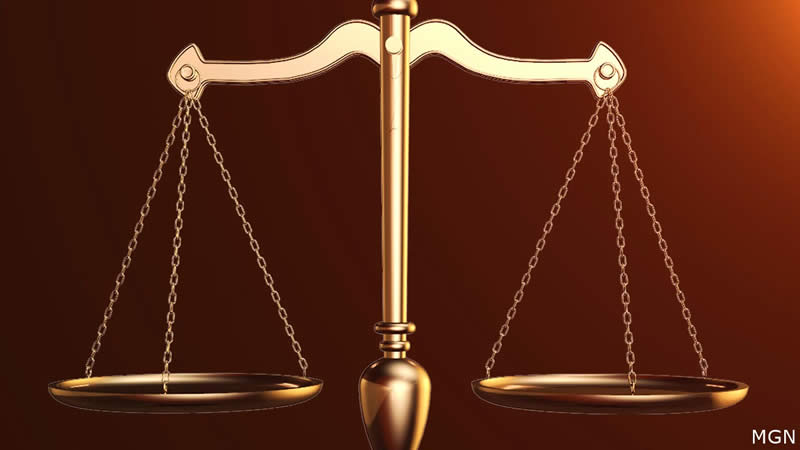Washington, DC—(ENEWSPF)—January 18, 2013.
Thank you, Mayor Parker, for those kind words – and good afternoon, everyone. It’s a pleasure to be here today, and a privilege to be included, once again, in this annual forum. I’d like to recognize Mayor Nutter, along with the U.S. Conference of Mayors’ Executive Committee and staff, for all they’ve done to make this year’s Winter Meeting such a success. And I’d like to thank every member of the Criminal and Social Justice Committee for the opportunity to take part in this important session.
For more than eight decades, this organization has brought together dozens of our nation’s best and brightest public servants to share ideas and expertise; to discuss mutual concerns; and to formulate the policy solutions that our cities, communities, and citizens deserve. Over the years, I’ve had the chance to work with many of you to address some of the most complex and intractable public safety challenges we face. It’s an honor to join Vice President Biden, Administrator Pistole, and other leaders from across the Administration in continuing our work this week – and adding my voice to this critical dialogue. And I’m particularly grateful for this opportunity to thank each of you for your service, your leadership, and your partnership – with one another; with key federal, state, local, and tribal leaders; and – especially – with the United States Department of Justice.
Every day, America’s mayors stand on the front lines of our fight against terrorism, crime, and threats to the most vulnerable members of society. Your engagement is essential in protecting our citizens from harm, guarding against civil rights violations, and combating the gun-, gang-, and drug-fueled violence that steals too many promising futures. You understand exactly what we’re up against – not only because you hear the alarming statistics and read the news stories, but because you see it, firsthand, on a daily basis. Most importantly, you recognize, as I do, that no public safety challenge can be understood in isolation – and that none of us can make the progress we need, and secure the results our communities deserve, on our own.
This is particularly true when it comes to gun violence – an issue that, in one way or another, has touched every city and town represented here – and about which many of you have long been passionate advocates. On a number of occasions, the leaders in this room have joined with the Justice Department to support law enforcement and strengthen anti-violence initiatives. Especially in recent weeks – as our nation has come together in the wake of last month’s horrific events in Newtown, Connecticut – you’ve heard from your citizens and colleagues. You’ve built a broad, bipartisan consensus on the need to protect the most vulnerable among us – our children. And many of you are helping to lead efforts to heed, and to honor, the lessons of Sandy Hook Elementary School– and the realization that unacceptable levels of gun violence plague our cities and towns every day.
This unspeakable tragedy, and the individual tragedies that take place on your streets all too often and all too often unnoticed, stand as stark reminders of our shared responsibility to address not just the epidemic of gun-related crimes, and the ongoing need for vigorous enforcement of our laws – but also the underlying conditions that give rise to gun violence. Throughout our history, the overwhelming majority of American gun owners have been responsible, law-abiding citizens. Yet we’ve repeatedly seen – in the most tragic ways – how easy it can be for dangerous people to acquire, and wreak havoc with, deadly weapons.
Although there’s no single solution that can bring a decisive end to this senseless violence, it’s incumbent upon each of us to try. And it’s time to consider what common-sense steps we can take – together – to save lives.
This means doing everything we can to secure the tools and resources we need to keep guns out of the hands of those who are not and should not be allowed to possess them. It means taking action to ensure that, while our Second Amendment rights are upheld, we have the means to prosecute effectively those who use firearms to commit acts of violence. And it means summoning the courage to confront even the most difficult, enduring and pervasive national challenges.
I know many of you participated in yesterday’s session with Vice President Biden, in which he discussed the Administration’s efforts to combat gun violence and the concrete, common-sense recommendations that President Obama adopted earlier this week. As you know, I worked closely with the Vice President, a number of my fellow Cabinet members, and representatives from more than 200 groups – of experts, advocacy organizations, policymakers, and private citizens – to help formulate this plan. From law enforcement leaders, to firearm owners and enthusiasts, technology experts, and gun safety advocates; from retailers, to mental health professionals, members of the clergy, victims of gun violence, and members of the entertainment industry – the conversations we had were frank, wide-ranging, and inclusive. And the consensus that emerged was clear: that, as President Obama said, “if there is even one thing we can do to reduce this violence – if there is even one life that can be saved – then we have an obligation to try.”
This obligation is what drove the Administration to propose a range of legislative remedies – along with 23 executive actions – to end mass shootings and prevent gun violence. On Wednesday, President Obama signed directives putting a number of these proposals into action. Others will require legislation that will soon be introduced in Congress – and which we hope will receive timely consideration. And, at every level of the Administration – and, particularly within the Department of Justice – my colleagues and I will continue doing everything in our power to maximize enforcement efforts and implement new recommendations for keeping our people safe, and our cities, neighborhoods, and schools secure.
But we won’t be able to do this alone. The fact is that our ability to tackle this challenge will depend on the willingness of millions of Americans – and thousands of dedicated public servants like you – to engage with one another in order to make a positive difference.
We can begin by calling for immediate Congressional action. As the President indicated, Congress should move swiftly to adopt legislation to require “universal” background checks, so that a full background check is conducted every time someone attempts to buy a gun. By taking this relatively simple step, we can significantly strengthen our ability to keep criminals and other dangerous individuals from gaining access to deadly weapons. And we can do so starting today – by encouraging private sellers to run their transactions through the NICS background system with the help of a licensed gun dealer. Many licensed dealers throughout the country already facilitate firearms transfers between private individuals on a regular basis. And we are encouraging more private sellers to work with licensed dealers to ensure that all sales are subject to a comprehensive background check.
Of course, the effectiveness of these checks depends on the integrity of the national background check system as a whole. To date, this system has proven remarkably effective – enabling gun dealers to make more than 90 percent of background check determinations on the spot, and roughly 95 percent within three business days. This has helped us keep more than 1.5 million guns from falling into the wrong hands over the last 14 years.
But we can, and must, do even better – by ensuring that the information included in this system is complete, tearing down barriers that prevent federal agencies – and some states – from sharing relevant records, and making certain that our laws and regulations are as effective as possible when it comes to identifying those who should not have access to firearms. This week, President Obama took executive action in support of these goals – addressing gaps in the national background check system, bringing accountability to the sources of information it relies upon, and ensuring that federal law enforcement agencies become more uniform in tracing guns recovered during investigations.
At the same time, he put an end to the virtual “freeze” on rigorous, non-partisan research into gun violence by the Centers for Disease Control – and has directed the CDC to resume examining the causes of this violence and evaluating strategies for its prevention. He has taken a variety of steps to reinforce the Justice Department’s efforts to provide law enforcement with the tools, training, and resources they need to prosecute gun-related crime – and to respond to active shooter situations. In addition, at the President’s direction, the Administration will issue guidance making clear that, under existing federal laws, doctors are in no way prohibited from reporting threats of violence to law enforcement. We will work with individual communities and school districts to develop plans to make our schools safer. And relevant authorities will finalize regulations under the Affordable Care Act to increase access to mental health services for all who need them. Not one of the Executive Orders – contrary to what a few have said – impinges upon anyone’s Second Amendment rights or is inconsistent with the historical use of executive power.
But all of this is only the beginning. In addition to these actions and proposals, the Administration has called upon Congress to renew legislation banning high-capacity magazines, including those used in recent high-profile mass shootings; to protect our police by getting rid of armor-piercing bullets; to pass a new assault weapons ban, updated and stronger than the one enacted in 1994, to keep military-style weapons off of our streets; and to consider a series of new federal laws imposing tough penalties on the gun traffickers who help funnel weapons to dangerous criminals.
These measures represent essential parts of any serious, comprehensive effort to eradicate gun violence – and today, I join President Obama, Vice President Biden, and countless Americans in urging Congressional leaders to adopt them without delay. I’d also like to echo the President’s call for the Senate to confirm Todd Jones as Director of the Bureau of Alcohol, Tobacco, Firearms, and Explosives – a critical Justice Department component that’s been without a Senate-confirmed leader for six years – and to eliminate misguided restrictions that require the ATF to allow the importation of dangerous weapons simply because of their age.
Some have said that these changes will require “tough” votes by Members of Congress. Public service is never easy, and there come times when those of us who are in elected or appointed positions must put the interests of those we are privileged to serve above that which might be politically expedient or professionally safe. This is one of those times.
By acting within existing authorities to improve our enforcement capacity for laws that are already on the books; by enacting common-sense legislation to strengthen our ability to stop guns from falling into the wrong hands and to stem the proliferation of military-style weapons and high-capacity magazines; I’m confident that we can – and will – make significant strides in reducing the violence that too often fills our headlines and afflicts our communities. As Vice President Biden said yesterday, the Administration is determined to take our gun violence prevention efforts to a new level – and we’re eager to work with leaders like you in advancing the conversation about how we can put an end to these crimes and secure a brighter future for all those we’re privileged to serve.
To this end, in addition to implementing the orders and advocating for the legislative actions that the President announced on Wednesday, my colleagues and I remain committed to standing with America’s mayors in strengthening anti-violence initiatives that are already underway. Since 2009, this commitment has led the Justice Department to award more than $3.5 billion to state and local partners through Byrne-JAG – a grant program that helps keep officers on the beat, and equips them with the latest tools and technologies. Over a similar period, the Department’s Community Oriented Policing Services – or COPS – Hiring Program awarded more than $1.5 billion to create or protect over 8,000 jobs in local law enforcement.
Our Officer Safety Working group has also been forging stronger relationships with officers and law enforcement organizations across the country – and building a platform for researching the threats they face. Under a groundbreaking training and technical assistance program called VALOR, we’re enabling officers to anticipate, prevent, and survive violent encounters. Thanks to initiatives like the Bulletproof Vest Partnership Program, we’re helping to provide law enforcement with equipment that is – quite simply – saving lives. And, based on the recommendations of our Defending Childhood Task Force, we’re bringing a variety of partners together, expanding screening and assessment of at-risk children, and supporting research to help combat unacceptable levels of violence among, and directed towards, our nation’s young people.
There’s no question that we can be proud of these and other current efforts to reduce violence and victimization. But, as you’ve been discussing this week – and as the President has made quite clear – we cannot yet be satisfied, and this is clearly no time to become complacent.
When it comes to combating gun violence, preventing future tragedies, and ensuring the safety of our citizens and first responders, each of the leaders in this room has both the power – and the responsibility – to make a powerful, positive difference. Despite the challenges and frustrations we may face – and the disagreements that may, at times, divide us from one another – we all have essential roles to play in driving the critical debate that is unfolding across the country. And every one of us has been given a rare chance: to strengthen this nation and help to determine its future.
So, as we conclude today’s session, adjourn the 81st Winter Meeting of the U.S. Conference of Mayors, and begin planning for the 82nd – I urge you to seize this moment. I ask that you keep up the conversations we began this week, and pledge to continue working together in pursuit of the goals we share. And I thank you – as colleagues, as partners, and as indispensible leaders – for your contributions, your service, and your ongoing dedication to protecting and improving the lives of those around us.
Thank you.
Source: justice.gov








